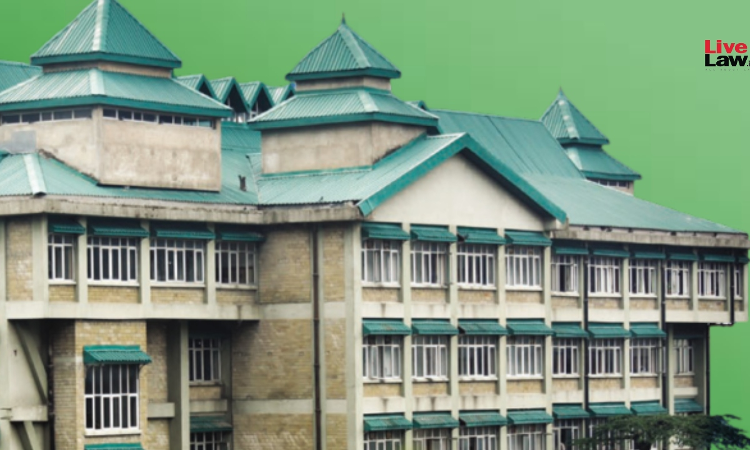HP High Court Orders ₹2 Lakh Compensation For Sweeper Who Was Made To Dispose Of Collected Urine For 1 Month
Sparsh Upadhyay
8 Jan 2023 4:13 PM IST

Next Story
8 Jan 2023 4:13 PM IST
The Himachal Pradesh High Court on Saturday ordered the state authorities to provide 2 Lakh as compensation to a sweeper who was assigned the job of disposing of collected urine in the incomplete toilets in a Government Polytechnic.Observing that the state officials had not only violated the fundamental rights of the petitioner, who hails from the Scheduled Caste category, but also the...
